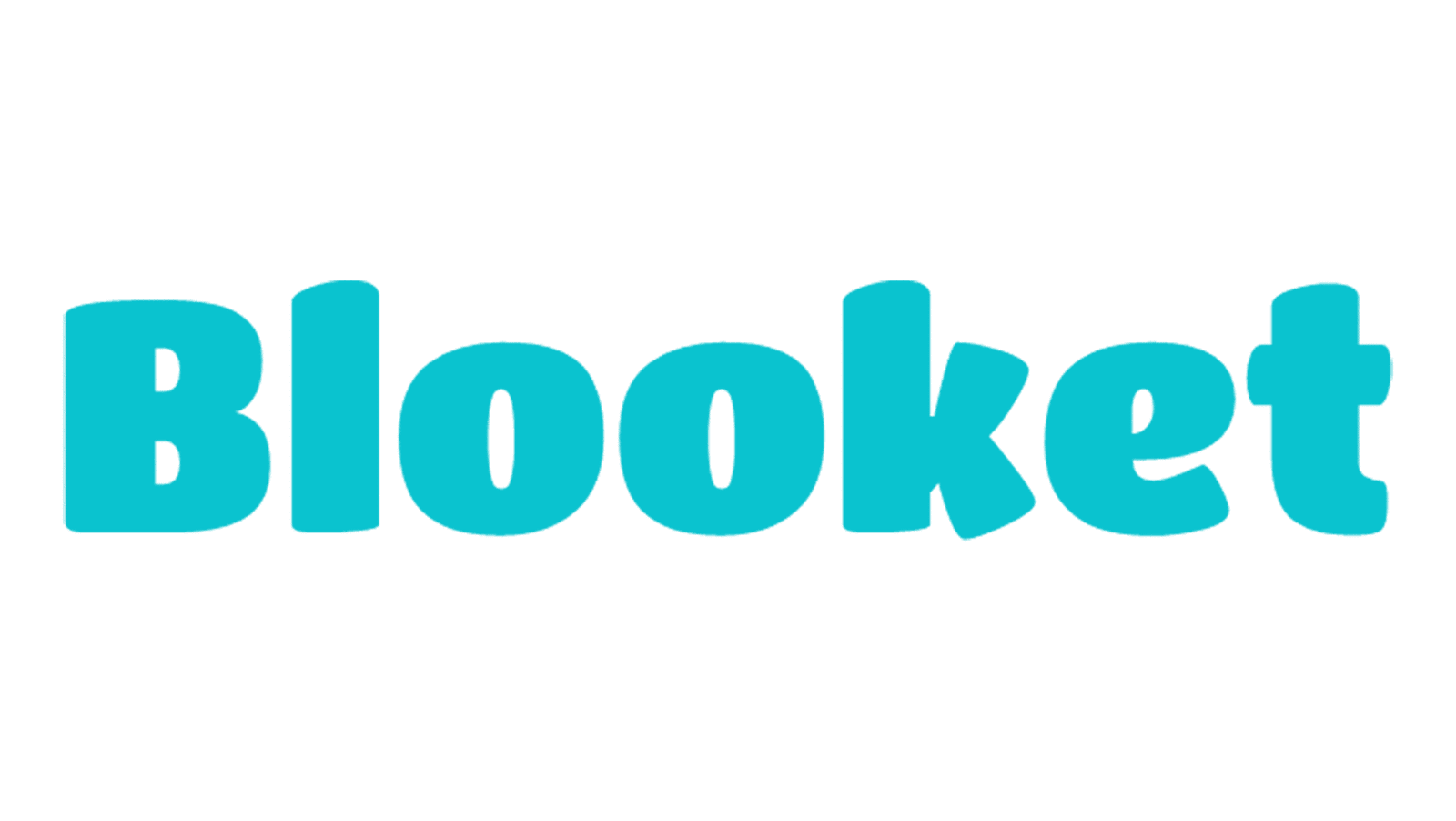Job interviews can feel like high-stakes puzzles. One wrong move and the opportunity slips away. But what if you could decode the process and turn interviews into opportunities to shine? Whether you’re a recent graduate or a seasoned professional, mastering the interview game requires strategy, preparation, and confidence. In this guide, we’ll break down the steps to help you succeed in any job interview.
Why Job Interviews Matter (And How to Reframe Your Mindset)
Interviews aren’t just about proving your qualifications—they’re about showcasing your unique value. Hiring managers want to see how you think, solve problems, and fit into their team. Instead of viewing interviews as interrogations, treat them as collaborative conversations. This mindset shift reduces anxiety and helps you engage authentically.
Much like the strategic thinking required to excel in casino games—where calculated risks and adaptability often lead to success—interviews demand a balance of preparation and flexibility. For instance, just as a player might analyze odds before making a move in an online casino, candidates should research companies thoroughly to align their strengths with organizational goals. Platforms like Casino NV emphasize the importance of strategy in gaming, a principle that translates seamlessly to mastering interview dynamics. By focusing on alignment (how your skills match the company’s needs), you’ll stand out in a competitive field.
Key Takeaway: Focus on alignment—how your skills and goals match the company’s needs.
The Role of Networking and Continuous Learning
While interview preparation is crucial, networking and continuous learning should never be overlooked. In today’s job market, your network is often just as important as your skills. Developing meaningful connections with industry professionals can provide valuable insights, referrals, and job opportunities that might not be advertised publicly. Platforms like LinkedIn are excellent for building your professional presence and making new contacts. Additionally, staying updated with the latest industry trends through courses and webinars can help you stay relevant, ensuring that you bring fresh knowledge to every interview.
As you refine your skills and grow your network, you’ll not only be a more competitive candidate but also demonstrate a proactive attitude that many employers find highly desirable. Moreover, showing a genuine interest in your industry, whether through attending virtual meetups or contributing to relevant discussions, can set you apart from other candidates. Consider it a long-term investment that pays off, not just in interviews but throughout your career.
Preparation Is Your Secret Weapon
Preparation is the foundation of interview success. The more you know about the company and role, the more you can tailor your responses to align with their needs. Research boosts your confidence and makes you feel in control during the interview process.
- Company Deep Dive: Study the company’s mission, values, and culture using their website and LinkedIn;
- Role Analysis: Decode the job description and align your experience with the required skills;
- Industry Trends: Stay informed about industry challenges and trends.
Master Common (and Uncommon) Interview Questions:
- Behavioral Questions: Use the STAR method (Situation, Task, Action, Result);
- Technical Questions: Practice coding challenges or case studies if relevant;
- Curveballs: Prepare for oddball questions like, “If you were a fruit, what would you be?”
Mock interviews help refine your responses, body language, and timing. Practicing with a friend or mentor makes you more comfortable and confident during the actual interview.
Navigating Different Interview Formats
Different interviews require different approaches. Knowing the format helps you tailor your preparation and avoid surprises:
- Behavioral Interviews: Focus on past experiences;
- Technical Interviews: Demonstrate hard skills;
- Case Interviews: Solve real-time business problems;
- Panel Interviews: Engage with multiple interviewers;
- Virtual Interviews: Test your tech and ensure a clean background.
Being familiar with the format helps you focus your preparation and adapt your approach accordingly.
Ace the Interview Day
Your performance on the interview day is crucial. Confidence, body language, and clear communication can make a lasting impression:
- Dress Appropriately: Follow the company’s dress code;
- Body Language: Smile, offer a firm handshake (or confident wave for virtual), and sit upright;
- Concise Answers: Keep responses to 60–90 seconds;
- Ask Insightful Questions: “What does success look like in this role?”
Handle Tough Questions Gracefully:
- Weaknesses: Frame them as growth areas. Example: “I’ve improved my time management using tools like Trello.”
- Salary Expectations: Research market rates on sites like Payscale or Salary.com.
Your body language and communication style matter just as much as the content of your answers. By presenting yourself confidently, you demonstrate that you’re prepared and capable of handling the role.
The Follow-Up That Sets You Apart
Even after the interview, your actions matter. Sending a thoughtful thank-you note and following up shows professionalism and genuine interest.
- Send a Thank-You Email: Mention a specific discussion point to jog their memory.
- Reiterate Your Interest: Example: “I’m excited about the opportunity to contribute to [specific project].”
- Stay Patient but Proactive: Follow up once if you haven’t heard back in a week.
Following up demonstrates your professionalism and reinforces your interest in the position. It’s a great way to stand out among other candidates.
Common Interview Mistakes to Avoid
Recognizing common mistakes can help you avoid pitfalls during your interview process. The more aware you are of potential missteps, the better you can position yourself as a strong, well-prepared candidate:
- Lack of Preparation: Skipping company research or rehearsing answers;
- Overlooking Soft Skills: Companies value teamwork and communication as much as technical skills;
- Neglecting Virtual Etiquette: Poor lighting or distracting backgrounds in online interviews.
Turn Anxiety into an Advantage
Interviews are a skill—not a talent. By preparing thoroughly, staying adaptable, and showcasing your authentic self, you’ll transform from a nervous candidate into a confident contender. Remember, every interview is a stepping stone toward your ideal career.
Ready to conquer your next interview? Bookmark this guide, practice consistently and walk into that room (or Zoom call) knowing you’ve cracked the code.

